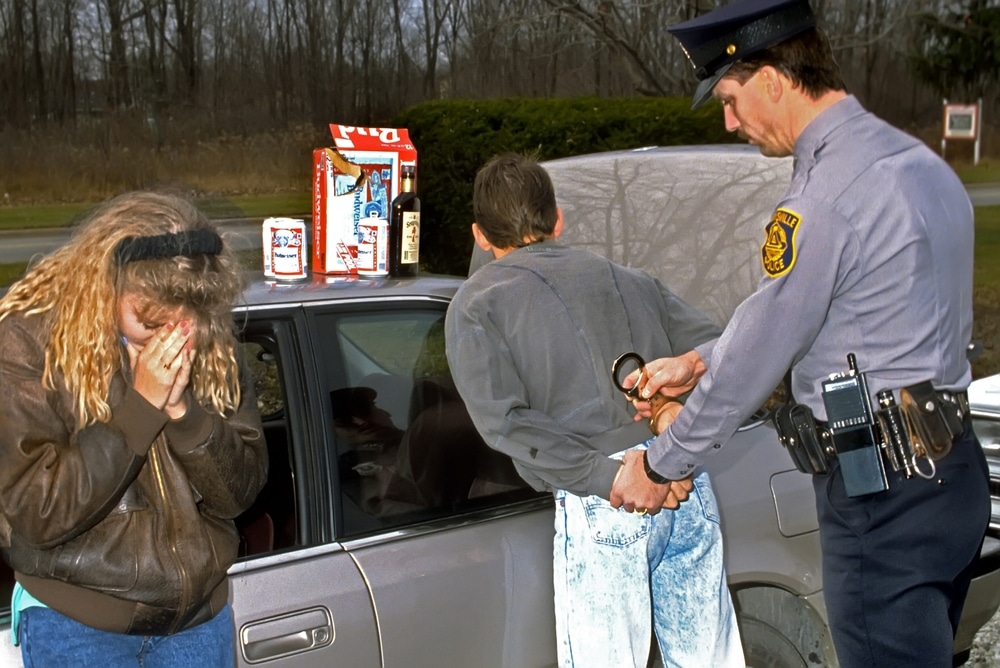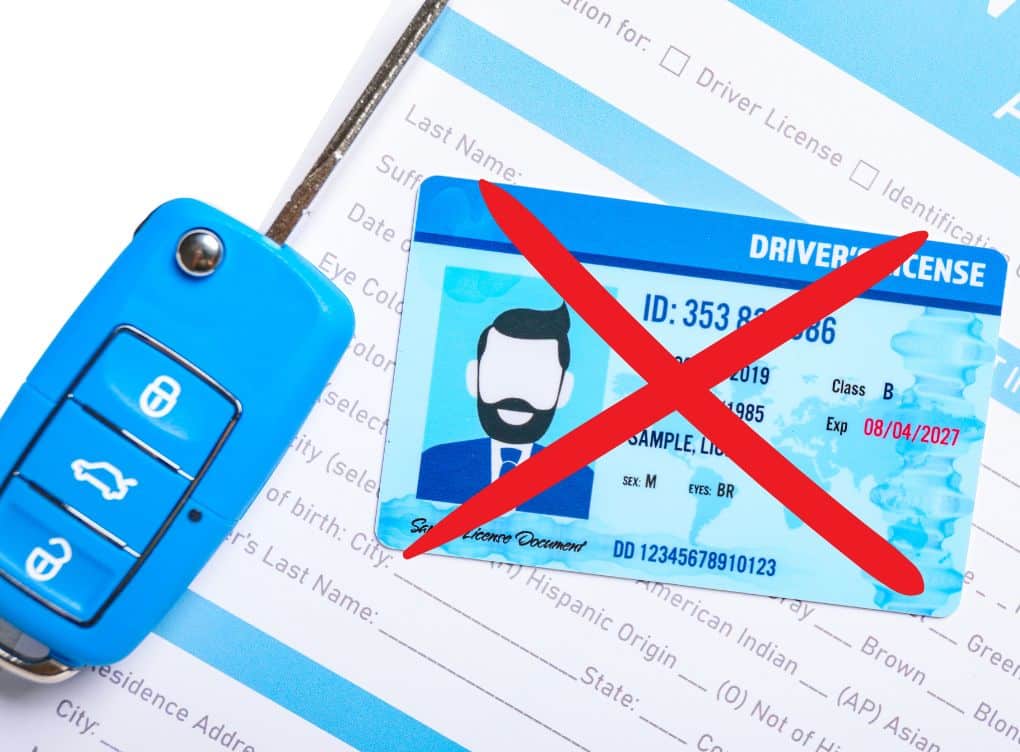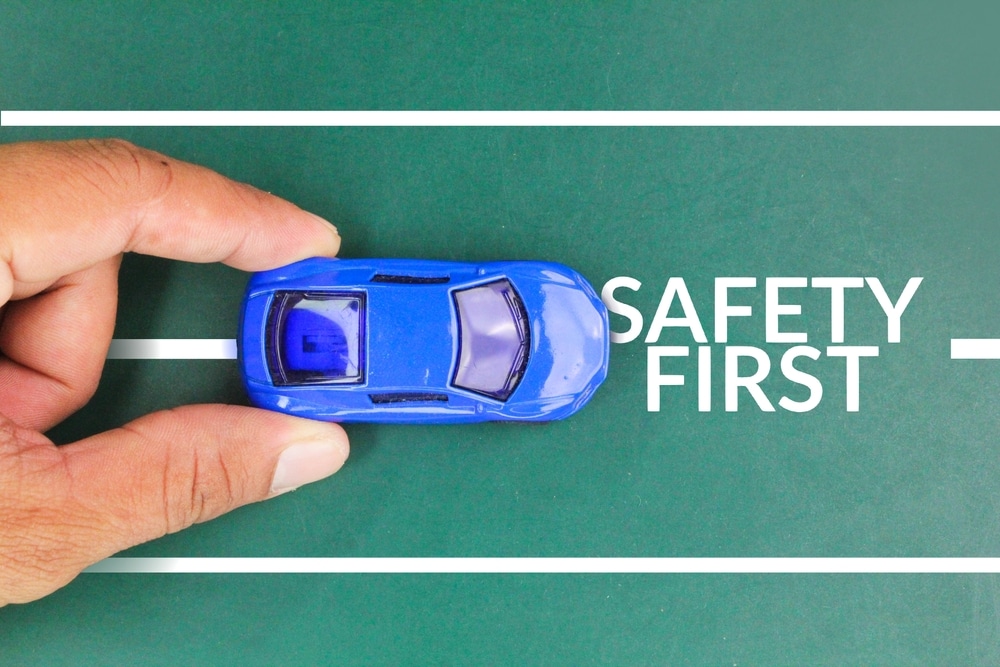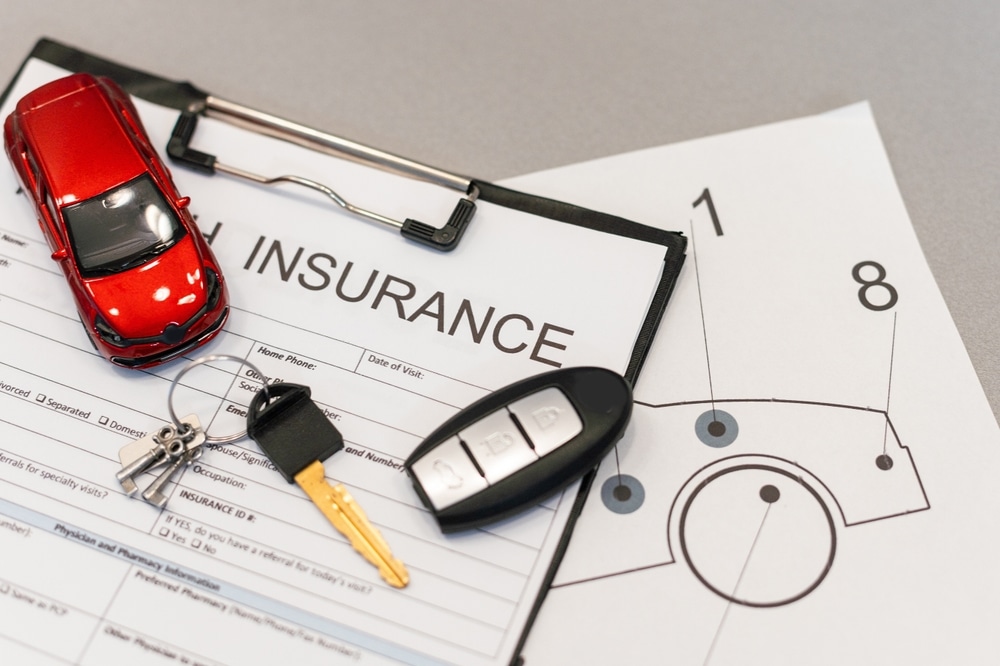
The criminal penalties for an underage DUI conviction can vary widely depending on the state and the specific circumstances of the offense. One of the most common penalties is a monetary fine. These fines can range from a few hundred to several thousand dollars, with the amount typically increasing for repeat offenders or those with aggravating factors such as a high BAC or a collision. In addition to the base fine, convicted offenders may also be required to pay court costs, fees, and other assessments, which can significantly increase the overall financial burden.
Probation is another common criminal penalty for underage DUI offenders. This may involve a period of supervised or unsupervised monitoring by a probation officer, during which the offender must comply with specific terms and conditions. These conditions may include regular check-ins with the probation officer, abstaining from alcohol or drug use, attending substance abuse treatment or education classes, and avoiding further legal trouble. Violating the terms of probation can result in additional penalties, including fines or even jail time.
Community service is often ordered as part of an underage DUI sentence, either in addition to or in lieu of other penalties. This typically involves a set number of hours of unpaid work for a non-profit organization or government agency. The purpose of community service is twofold: to provide a form of restitution to the community and to serve as a deterrent for future offenses by imposing a significant time commitment and inconvenience on the offender.
In some cases, particularly for repeat or aggravated offenses, underage DUI offenders may face jail time. While less common than other penalties, the possibility of incarceration underscores the seriousness with which the legal system treats these crimes. The length of a jail sentence can vary widely depending on the jurisdiction and the specific facts of the case, ranging from a few days to several months or even years in the most extreme cases.
For some first-time underage DUI offenders, diversion programs may be available as an alternative to traditional criminal penalties. These programs, which may be called deferred adjudication or pretrial diversion, allow offenders to avoid a formal conviction by completing a set of requirements such as substance abuse treatment, community service, and periodic check-ins with a supervising officer. If the offender successfully completes the program, the charges may be dismissed, leaving them without a criminal record. However, failure to meet the program requirements can result in the reinstatement of charges and traditional criminal proceedings.
In addition to criminal penalties, underage DUI offenders also face administrative consequences related to their driving privileges. One of the most significant of these is the suspension or revocation of their driver’s license. In most states, an underage DUI arrest triggers an automatic administrative license suspension (ALS), which is separate from any criminal proceedings or penalties. The ALS typically takes effect immediately upon arrest, and the suspension period can range from several months to a year or more, depending on the state and the offender’s prior record.
If the offender is ultimately convicted of DUI in criminal court, they may face an additional court-ordered license suspension or revocation. This suspension is part of the criminal sentence and is typically longer than the ALS. The length of the court-ordered suspension can vary widely depending on the state, the severity of the offense, and the offender’s prior record, ranging from a few months to several years or even a lifetime revocation in extreme cases.

For underage DUI offenders, license suspension periods are often longer and more severe than those for adult offenders. This is due in part to the strict Zero Tolerance laws that many states have enacted for underage drinking and driving. Under these laws, any measurable amount of alcohol in an underage driver’s system can result in a DUI charge and license suspension, even if their BAC is below the adult legal limit of .08%. As a result, underage offenders may face suspension periods of a year or more for a first offense, and multiple offenses can result in a revocation of driving privileges until age 21 or beyond.
In some cases, underage DUI offenders may be eligible for a hardship license or restricted driving privileges during their suspension period. These limited privileges allow the offender to drive for specific purposes, such as to and from work, school, or substance abuse treatment, but prohibit all other non-essential driving. To obtain a hardship license, offenders typically must demonstrate a compelling need for driving privileges and must agree to install an ignition interlock device (IID) on their vehicle, which requires them to provide a clean breath sample before starting the car. However, not all states offer hardship licenses, and even in those that do, not all offenders will qualify based on their specific circumstances and prior record.
A critical component of the legal response to underage DUI is addressing the underlying issue of substance abuse. In many cases, a conviction will trigger a mandatory substance abuse assessment by a licensed professional. This evaluation is designed to determine the presence and severity of any substance use disorders and to make recommendations for appropriate treatment or intervention.
Based on the results of the assessment, the court may order the offender to complete a specified course of substance abuse treatment. This may include educational classes such as DUI school or victim impact panels, which aim to help offenders understand the consequences of their actions and develop strategies for avoiding future risky behavior. Individual or group counseling sessions may also be required, providing a space for offenders to explore the root causes of their substance use and develop coping mechanisms and life skills.

In more severe cases, particularly those involving addiction or long-term substance abuse issues, the court may mandate participation in an inpatient or outpatient rehabilitation program. These intensive programs provide a structured environment for detox, therapy, and skill-building, with the goal of helping offenders achieve and maintain sobriety.
Throughout the mandated treatment process, offenders will typically be required to submit to regular drug and alcohol testing to ensure compliance with the program and with any court-ordered abstinence requirements. Positive tests or other evidence of non-compliance can result in additional penalties, including fines, extended treatment, or even jail time.
It’s important to note that while mandated substance abuse treatment can be a valuable tool for addressing the underlying issues behind underage DUI, it is not a panacea. The effectiveness of treatment depends on a variety of factors, including the quality of the program, the individual’s readiness for change, and the presence of a strong support system. However, by combining treatment with other legal and administrative consequences, the justice system aims to provide a comprehensive response to underage DUI that prioritizes both accountability and rehabilitation.
One of the most significant and long-lasting financial consequences of an underage DUI conviction is the impact on car insurance. Insurance companies view DUI offenders, especially younger ones, as high-risk drivers, and this perception is reflected in substantially higher premiums and even outright cancellation of coverage in some cases.
After a DUI conviction, most states require offenders to file an SR-22 certificate of financial responsibility with the DMV. This document, which must be obtained from the offender’s insurance company, serves as proof that they have the minimum liability coverage required by law. The SR-22 requirement typically remains in effect for several years after the conviction, and failure to maintain continuous coverage can result in further license suspension or revocation.

The SR-22 requirement is just the beginning of the insurance consequences for underage DUI offenders. Many insurance companies will significantly increase premiums for these drivers, often doubling or even tripling their rates for several years after the conviction. Some insurers may even refuse to renew coverage for DUI offenders, leaving them to seek out high-risk or non-standard policies at even greater cost.
The long-term financial impact of these rate increases can be staggering. Over the course of several years, an underage DUI offender may pay thousands of dollars more in insurance premiums than a peer with a clean driving record. This added expense can be a heavy burden for young people who may already be struggling with other costs related to their education, employment, or family obligations.
In some cases, underage DUI offenders may find it difficult or even impossible to obtain affordable car insurance after their conviction. This can create a difficult cycle, as the inability to legally drive can limit job opportunities, educational pursuits, and other activities that are critical for personal and professional development. While some states offer programs to help high-risk drivers obtain basic liability coverage, these policies are often still quite expensive and may not provide the same level of protection as a standard policy.
The consequences of an underage DUI conviction extend far beyond the legal and financial realm, often casting a long shadow over an offender’s future prospects for education and employment. One of the most immediate impacts can be on college admissions. Many colleges and universities require applicants to disclose any criminal convictions on their applications, and a DUI can be a significant red flag for admissions officers.
While a single DUI conviction may not automatically disqualify an applicant, it can certainly be a deciding factor in a competitive admissions process. Schools may view a DUI as evidence of poor judgment, lack of maturity, or a potential risk to campus safety and student well-being. In addition to admissions, a DUI conviction can also affect eligibility for scholarships, financial aid, and on-campus housing, further limiting an offender’s educational opportunities.

The impact of an underage DUI on employment prospects can be even more severe and long-lasting. Many employers conduct criminal background checks as part of the hiring process, and a DUI conviction can be a major obstacle to landing a job, especially in certain fields. Positions that involve driving, such as delivery services or transportation, may be automatically off-limits to those with a DUI on their record. Other industries, such as healthcare, education, or finance, may also view a DUI as disqualifying due to concerns about trustworthiness, reliability, or professional ethics.
Even in fields where a DUI is not an automatic bar to employment, it can still have a significant negative impact on an applicant’s prospects. In a competitive job market, employers may view a DUI as a tiebreaker between otherwise equally qualified candidates. The conviction can also limit advancement opportunities and professional licensure, as some regulatory bodies may view a DUI as evidence of poor character or a lack of fitness for certain roles.
The long-term impact of these educational and employment barriers cannot be overstated. A single youthful mistake can set off a chain reaction of consequences that can limit an individual’s earning potential and career trajectory for years or even decades to come. This underscores the critical importance of prevention, education, and early intervention to help young people avoid the life-altering consequences of an underage DUI conviction.
Ultimately, the legal, financial, and personal fallout from an underage DUI conviction can be devastating, affecting nearly every aspect of an offender’s life. From criminal penalties and license suspension to skyrocketing insurance rates and limited educational and employment opportunities, the consequences are far-reaching and often enduring. This is why it is so crucial for parents, educators, community leaders, and policymakers to prioritize efforts to combat underage drinking and driving, and to provide support and resources for those who have already been affected by this serious issue.
Underage DUI is a serious and persistent problem in our society, with far-reaching consequences for individuals, families, and communities. Throughout this comprehensive exploration of the issue, we have examined the many facets of underage DUI, from the initial traffic stop and arrest process to the complex web of legal and administrative penalties that can follow a conviction.
We have seen how the unique biological and social factors that affect underage drinkers can contribute to poor decision-making behind the wheel, and how the justice system has developed specialized approaches, such as Zero Tolerance laws and mandatory substance abuse assessments, to address the problem. We have also highlighted the severe and often lifelong impact that a single DUI conviction can have on a young person’s educational, professional, and personal trajectory.
But beyond the legal and statistical dimensions of underage DUI, we have also sought to emphasize the profound human costs of this issue. Behind every arrest and conviction statistic is a young person whose life has been forever altered, a family grappling with the aftermath of a terrible mistake, and a community left to mourn the tragic and avoidable loss of life and potential.
Ultimately, the goal of this in-depth examination is not simply to chronicle the problem of underage DUI, but to contribute to the ongoing conversation about solutions. By raising awareness about the severity and scope of the issue, by highlighting the real-world consequences for offenders and victims alike, and by underscoring the critical importance of prevention, education, and early intervention, we hope to inspire meaningful action towards a safer, healthier, and more just future for all.
So let us take this knowledge and insight and use it to fuel our collective efforts to combat underage drinking and driving. Let us work together as parents, educators, policymakers, and community members to create a culture that prioritizes responsible decision-making, that supports and empowers young people to make healthy choices, and that provides compassionate and effective interventions for those who stumble along the way.
Through a comprehensive, collaborative, and sustained approach, we can begin to turn the tide on the devastating impact of underage DUI. We can save lives, protect futures, and build a society where every young person has the opportunity to reach their full potential, unencumbered by the mistakes of their past. The road ahead may be long and challenging, but with commitment, compassion, and a shared sense of purpose, we can make a real and lasting difference in the fight against underage DUI.
At DUI 101, our mission is to empower you with the knowledge needed to make informed decisions during this challenging time. Explore our articles and guides to better understand your situation and the steps ahead.
© 2024 Chapman SEO LLC. This website is for educational and informational purposes only. All content is created using AI technology and maintained by non-lawyers and should not be considered legal advice. The information provided is general in nature and may not be suitable for your specific situation. Always consult with a qualified legal professional for advice regarding your individual circumstances. We do not create attorney-client relationships through this website. By using this site, you acknowledge that you have read and understand these terms.